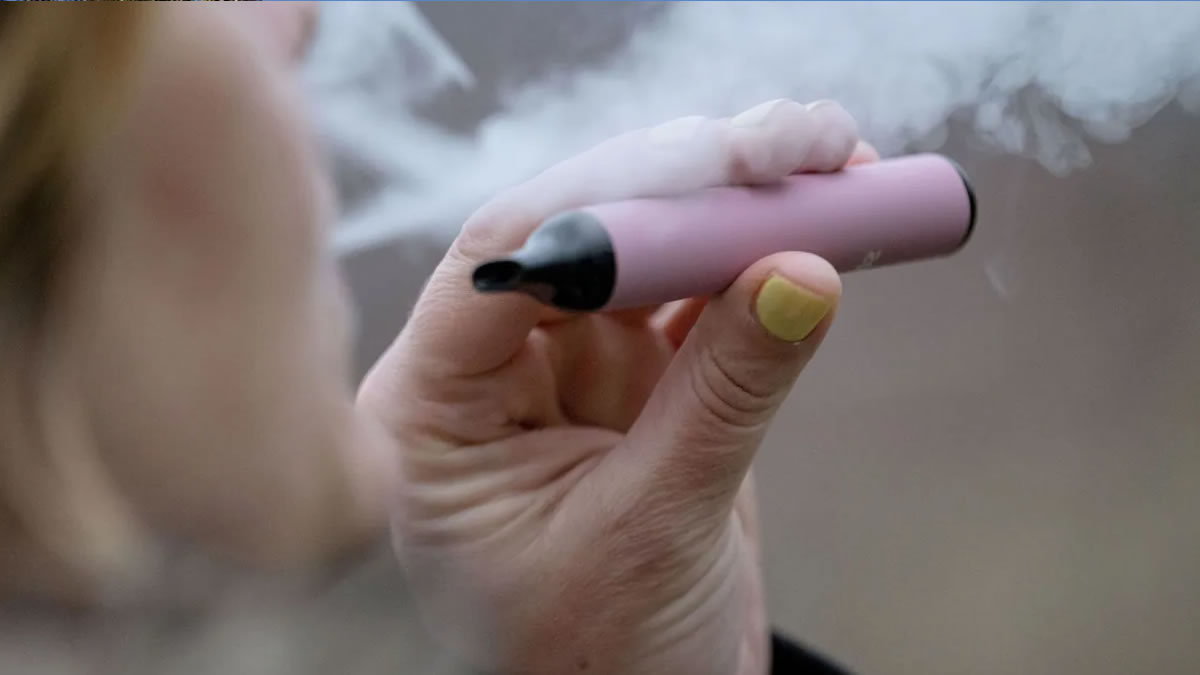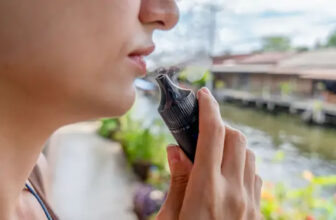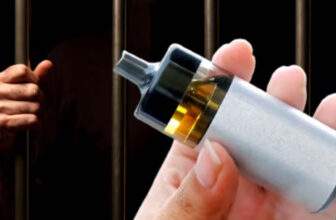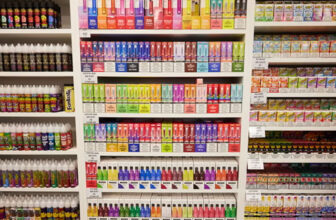
The Alabama Legislature has passed new legislation, including HB8 signed by Governor Kay Ivey, to significantly tighten regulations on consumable THC and vape product sales, primarily aimed at curbing youth access. Lawmakers and health officials cited an "epidemic" of underage vaping, with users getting younger and accessing products too easily.
Effective June 1st, HB8 prohibits convenience stores from selling most flavored vape products. These retailers will be restricted to offering only the 34 tobacco and menthol-flavored e-cigarette products currently approved by the U.S. Food and Drug Administration (FDA). All other flavored vaping products, even those under FDA review, must now be sold exclusively in age-restricted specialty vape shops. This marks a significant shift in where many vape products can be purchased.
Additional measures include a ban on vape sales through vending machines, increased penalties for sales to individuals under 21, and a mandate that all vape and THC products sold in Alabama be manufactured in the United States. Retailers will now require a specific license to sell alternative nicotine products. Another bill, championed by Rep. Andy Whitt, grants the Alabama Alcohol Beverage Control Board authority to regulate hemp products, banning flavored THC items in convenience stores and limiting purchase quantities.
Industry representatives have voiced concerns about the impact on small businesses, noting alternative nicotine products constitute a significant portion of convenience store sales. In response to age-verification challenges, advocates highlighted technologies like TruAge. Lawmakers, like Rep. Barbara Drummond who encountered a third-grader vaping, stressed the laws are vital for protecting children's health and future.







